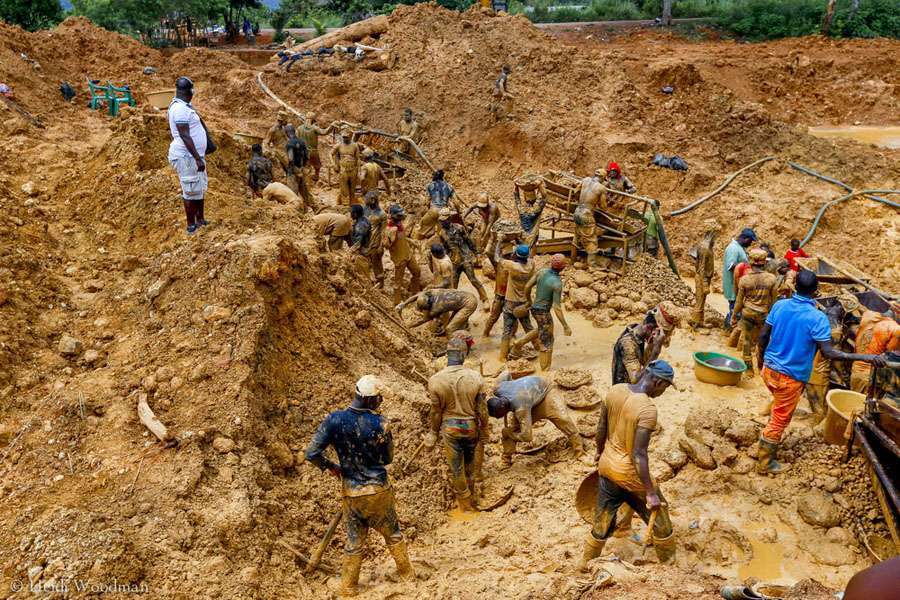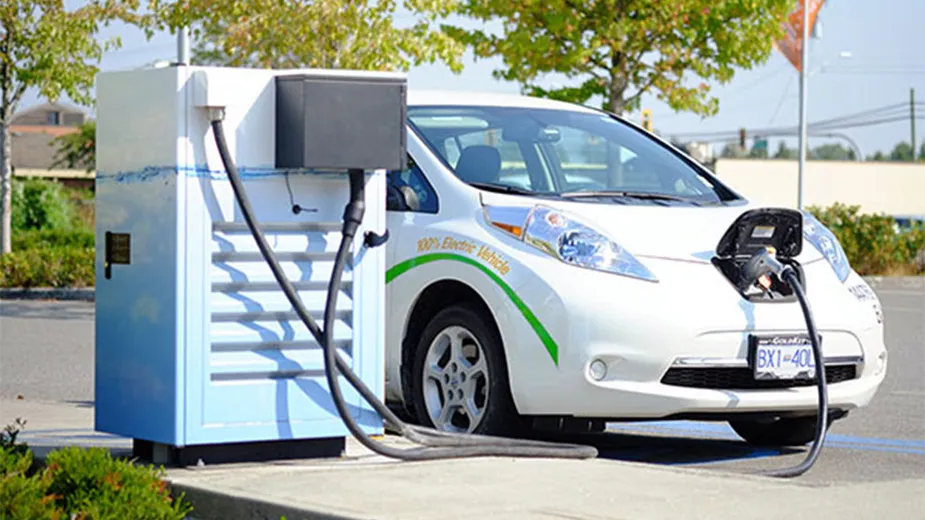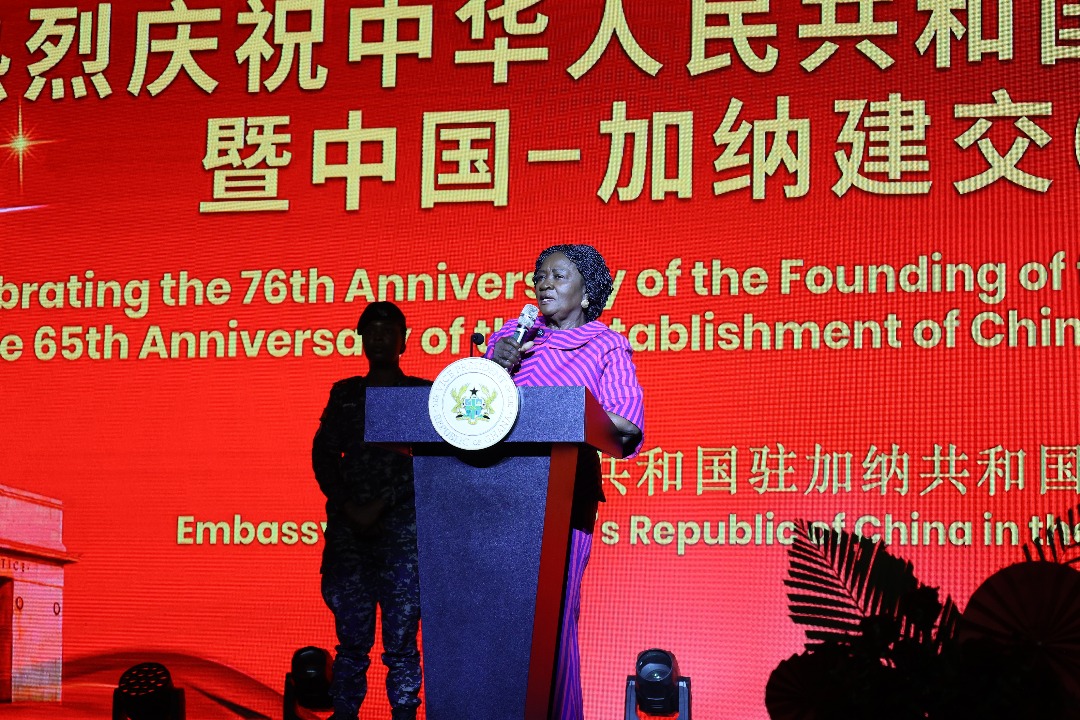By Francis Kobena Tandoh
Civil society organizations (CSOs) in Ghana, including the Catholic Bishops Conference, the University Teachers Association of Ghana (UTAG), and others, have urged the government to take proactive steps in combating the activities of illegal mining, locally referred to as ‘galamsey,’ which poses an existential threat.
In a statement on Monday, signed by Matthew Kwasi Gyamfi, Bishop of Sunyani and President of the Ghana Catholic Bishops Conference, joined the call for the declaration of a state of emergency in galamsey-affected communities.
According to the bishops, the country’s environment, public health, and national integrity remain at serious risk, stressing that only bold, coordinated action can combat the fight.
“Galamsey has matured into a threat to national security. It enriches criminal cartels, breeds lawlessness, and foments violent conflicts in mining communities. Yet, in the face of this, the president, John Dramani Mahama, appears not to grasp the existential scale of the menace. We therefore urge the President and his government to declare, without hesitation, a state of emergency in the most affected mining zones and around endangered water bodies,” read the statement.
The group further urged the government to adopt a comprehensive and long-term national strategy that goes beyond the temporary crackdown on illegal miners.
It added, “But we stress: a declaration, while urgent, is insufficient. Ghana requires a holistic, integrated national strategy. Laws governing mining must be revised, sharpened, and vigorously enforced with stiffer penalties for offenders.”
It proposed the establishment of specialized courts to allow for faster prosecution of offenders to curb the impunity.
Similarly, the University Teachers Association of Ghana (UTAG) has warned the devastating impact of illegal mining could be dire if proactive measures are not adopted by the government to end the menace.
General Secretary of the association, Jerry Joe Harrison, urged immediate national action to end the crisis before it results in widespread health challenges.
“If we don’t do what we have to do now, we will all die. The situation is causing havoc in people’s homes. People have had to consume contaminated waters, and they are going to have cancers and neuro diseases by all means,” said Harrison to local media.
The UTAG General Secretary urged the government not to sit down to wait for the problem to worsen.
A Rocha Ghana, an environmental conservation group, has expressed disappointment with the foot-dragging posture of the Ghanaian government in declaring a state of emergency to tackle the problem head-on.
Deputy national coordinator Daryl Bossu, while commending the government for some measures, argues, that such are “insufficient given the scale of environmental damage” the country has been witnessing.
Ghanaian leader John Dramani Mahama, in a presidential media encounter, emphasized that his administration is not rushing to declare a state of emergency in the fight against galamsey and that he believes it should be used only as a “last resort.”
He argued that Ghana has a sufficient legal regime in place, including laws on forest protection, seizure of equipment, and arrest powers, among several others, to act against illegal miners without needing emergency powers.
Illegal mining in the cocoa-growing, gold-producing, and oil-rich West African country is seen by experts as not just an environmental issue but a multi-dimensional crisis that threatens health, food security, law and order, and the national economy. End item
Source: Ghana Eye Report
Share Us



